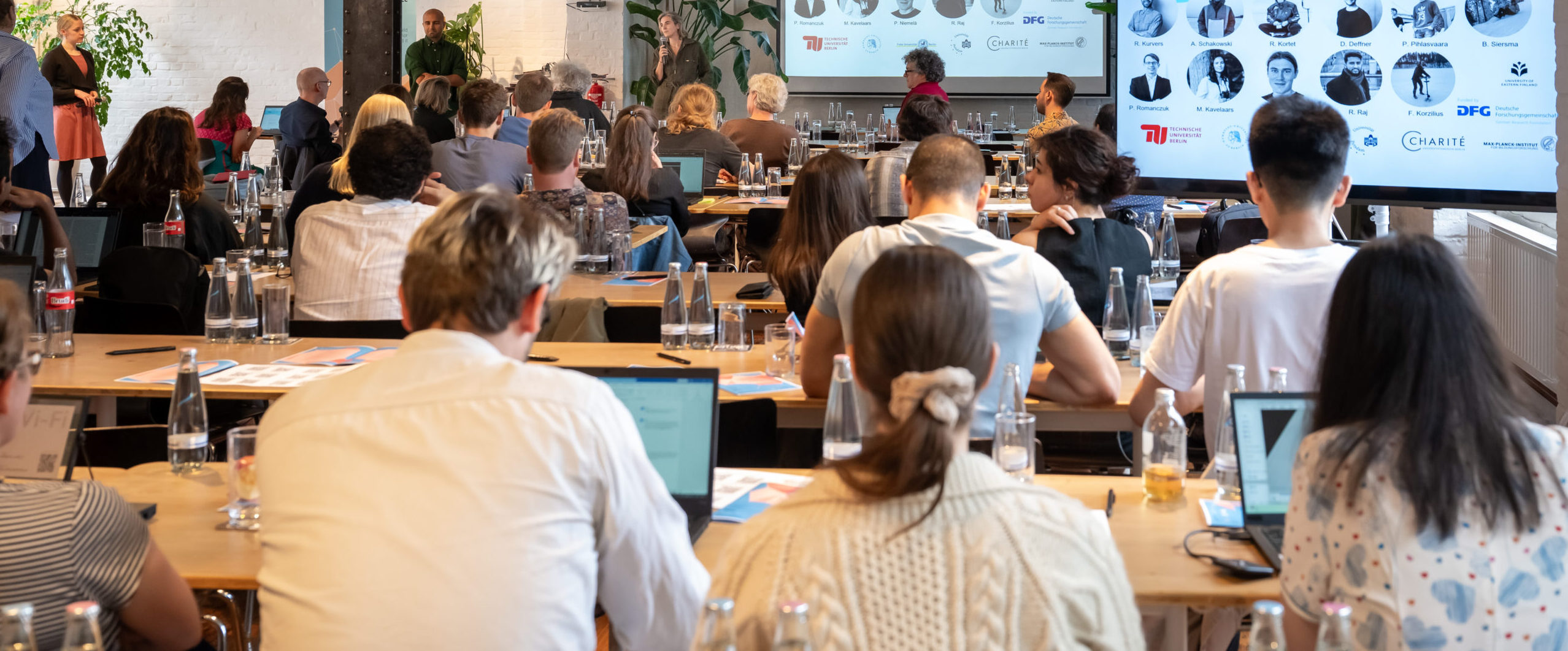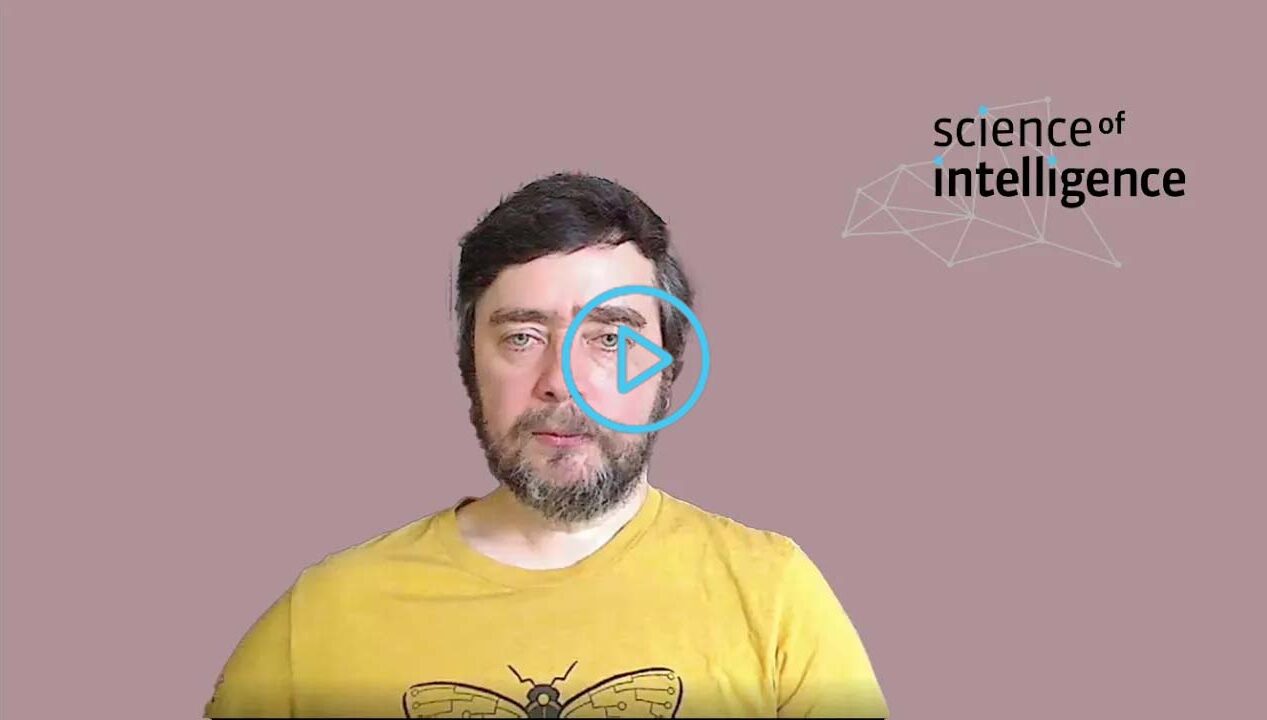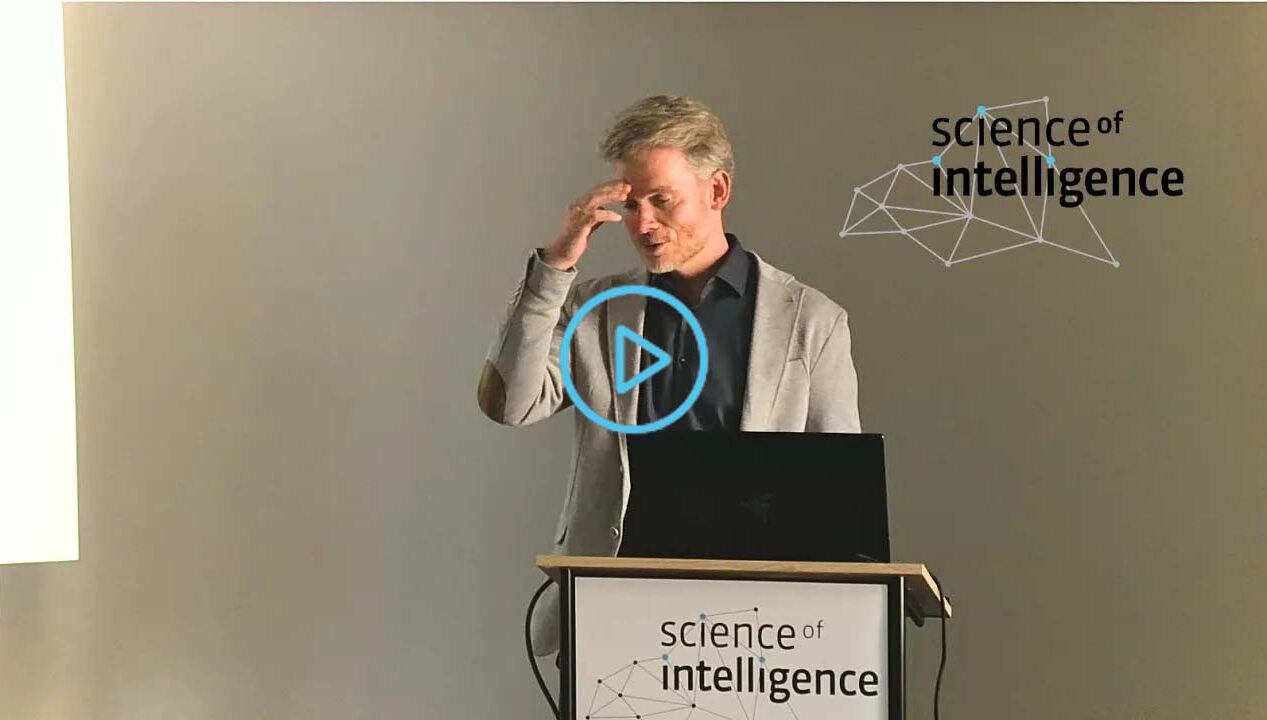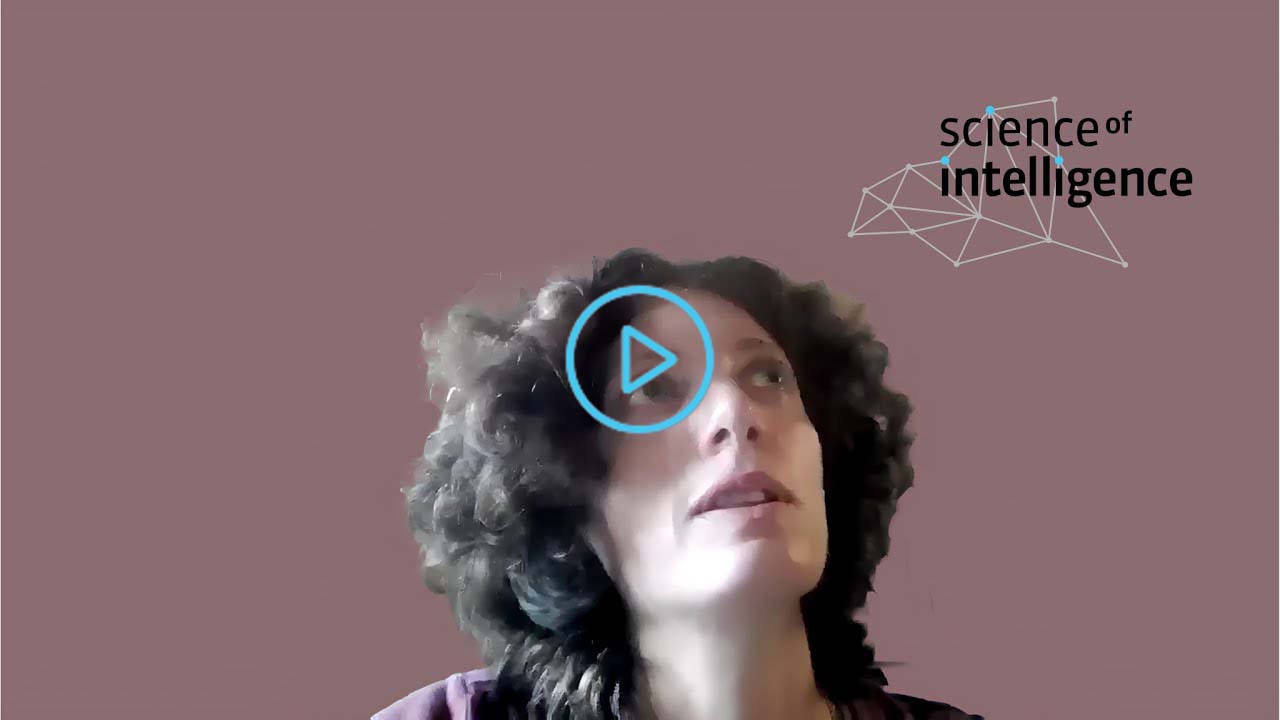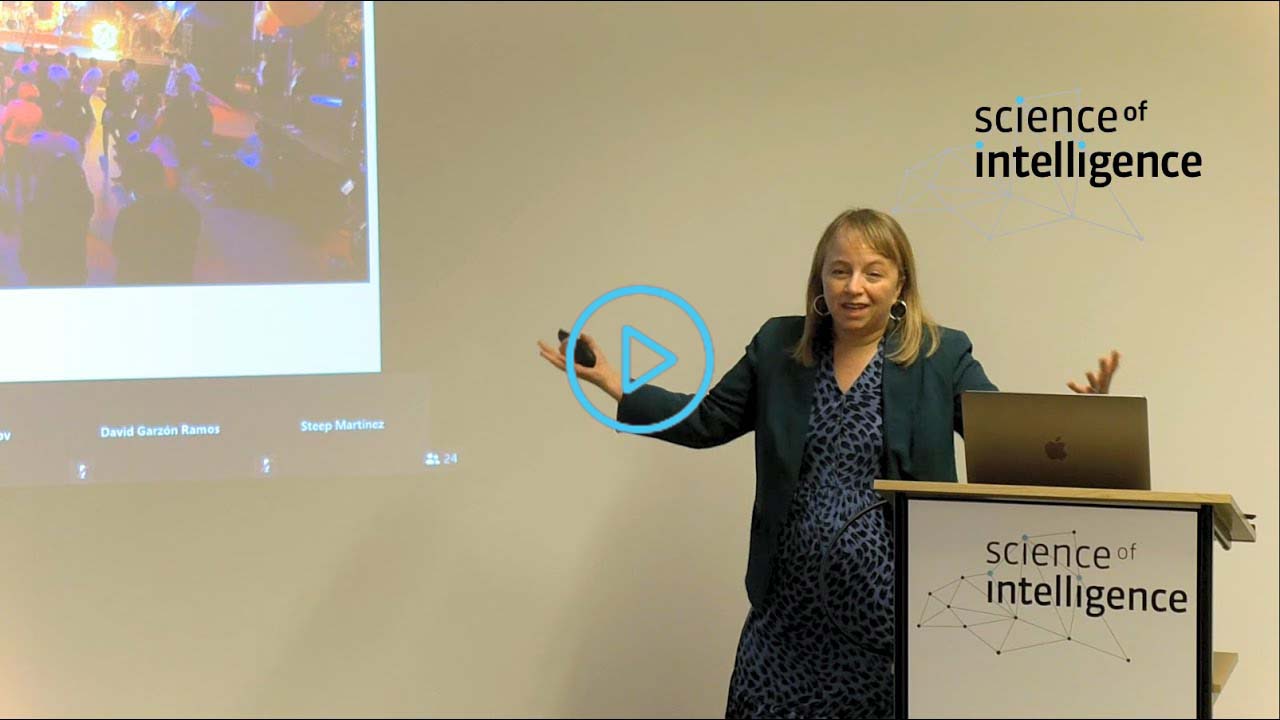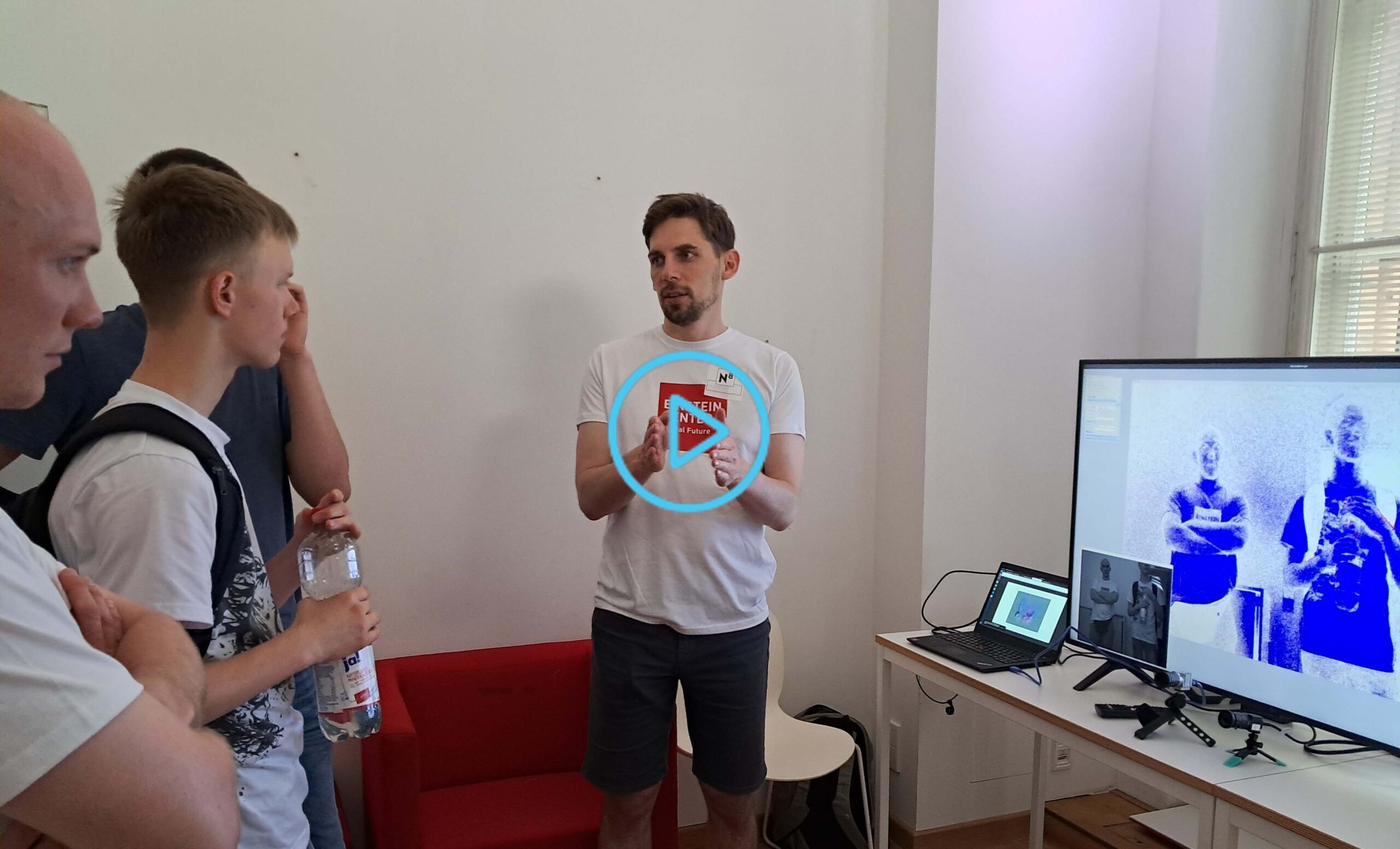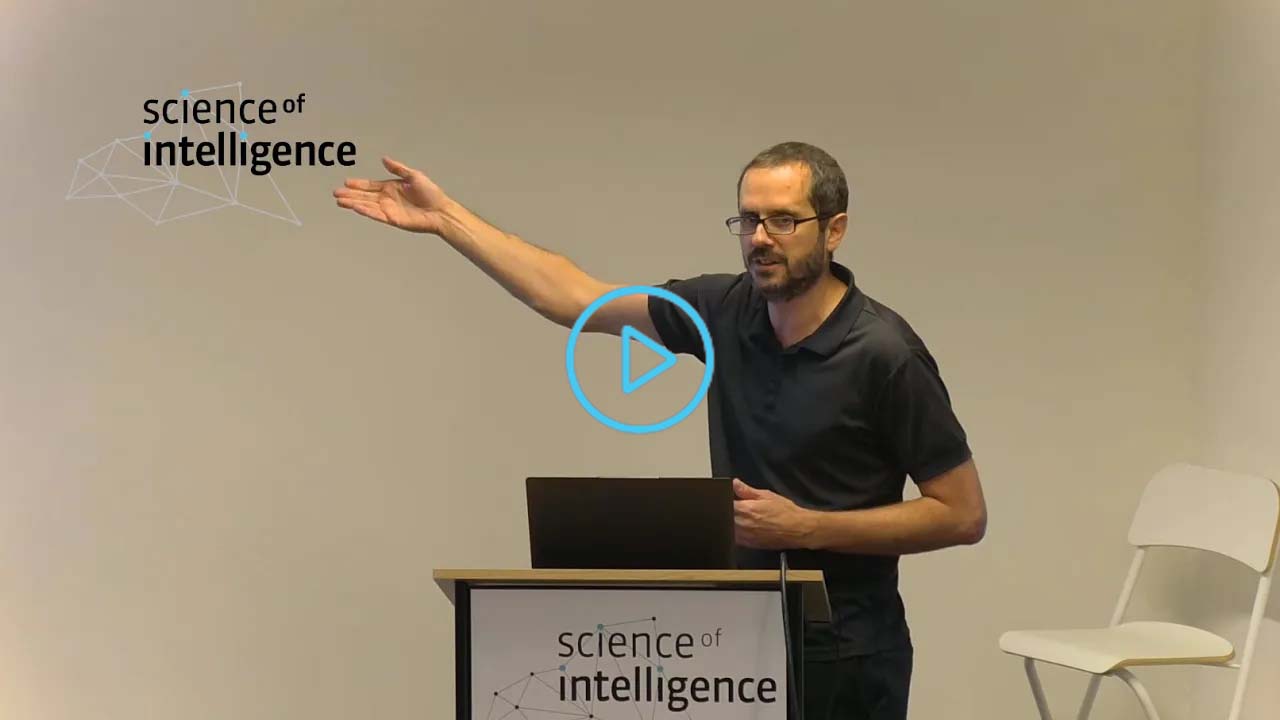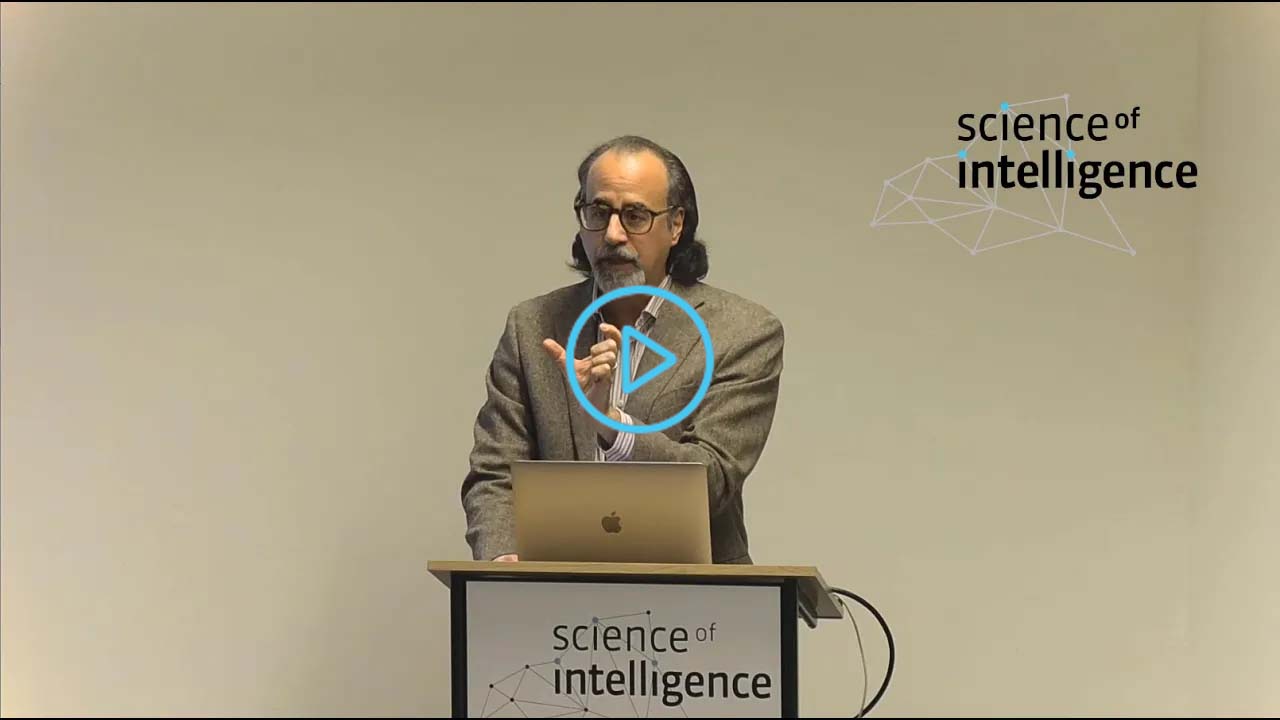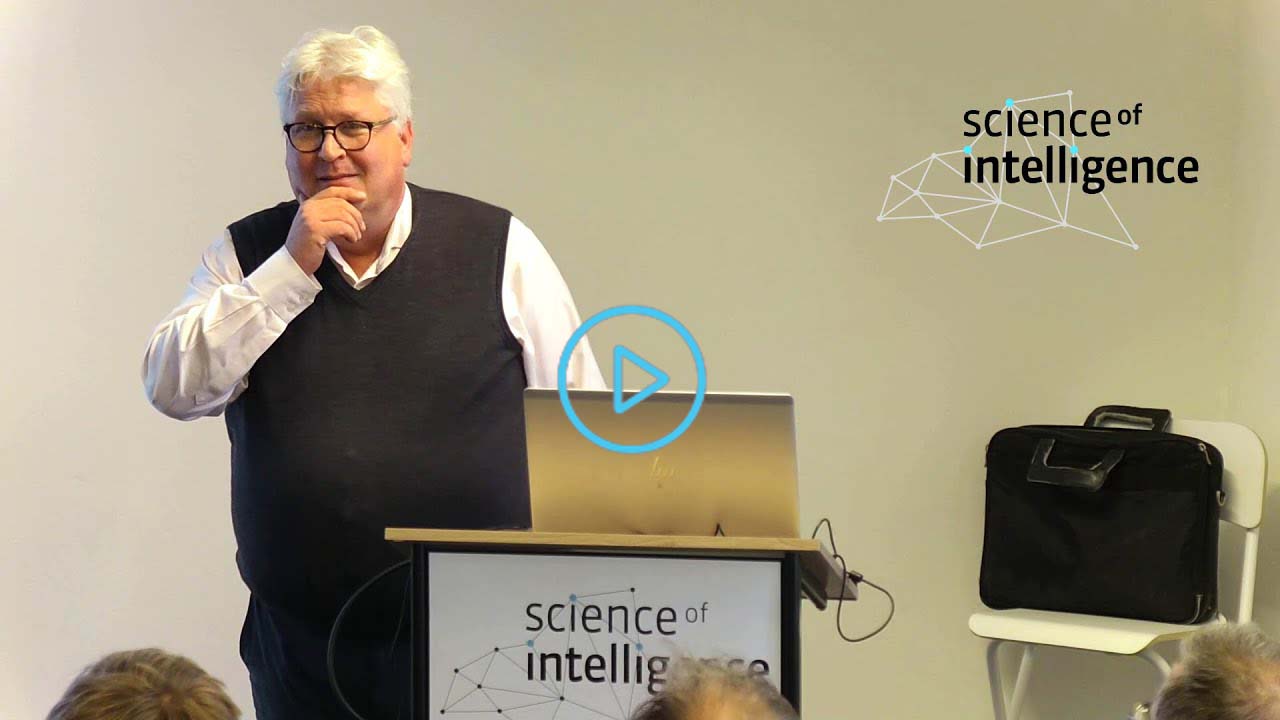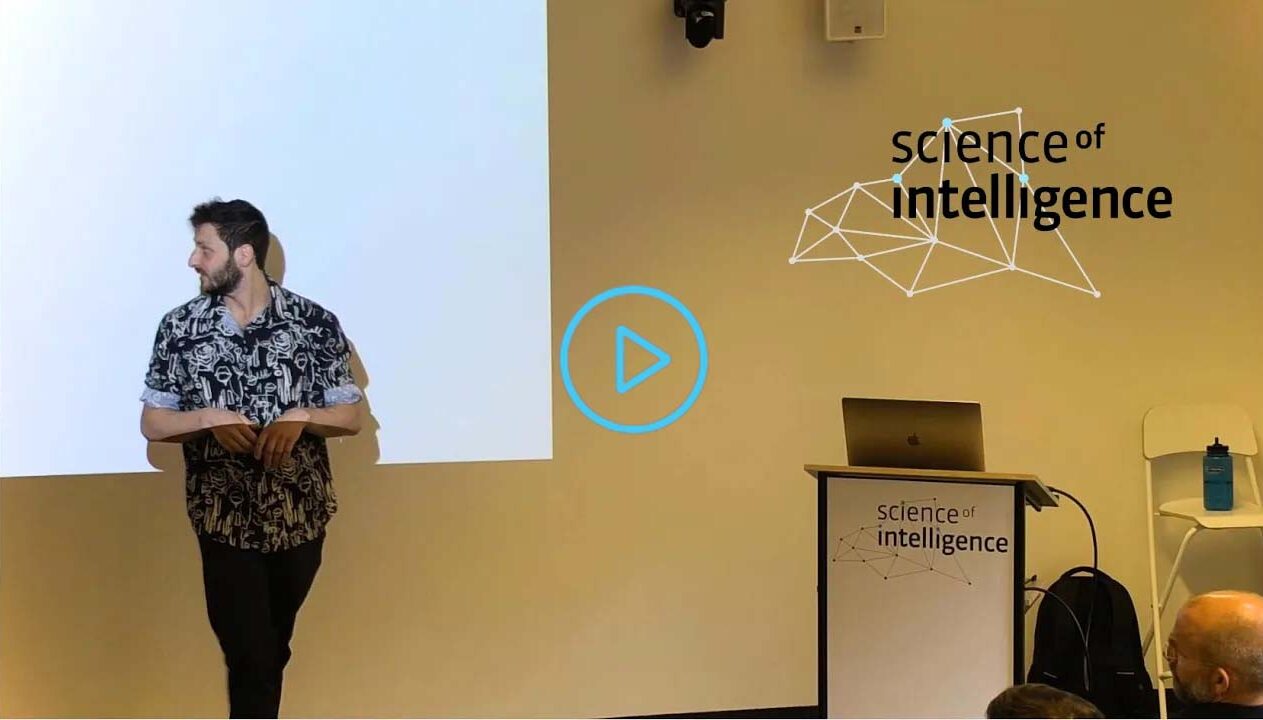Teaching intelligence: SCIoI early-career researchers exploring new formats
At Science of Intelligence (SCIoI), the question of what intelligence is — natural or artificial, individual, social or collective — is pursued across disciplines, from robotics to psychology to philosophy. From Summer Semester 2024 to Summer Semester 2025, that exploration expanded beyond the laboratory and into the lecture hall, made possible through funding from the Berlin Senate. With the Senate’s support, nine doctoral researchers at SCIoI designed and led their own Master’s-level university courses, teaching projects that were as inventive and interdisciplinary as the cluster itself.
The initiative was part of a broader goal of the Senate: to strengthen the teaching landscape in Berlin. This meant experimenting with new formats of education that could integrate international speakers into local teaching and also lay further groundwork for cross-university, cross-disciplinary SCIoI master tracks, spanning computer science, psychology, and biology and expanding the bridge between Humboldt-Universität zu Berlin and Technische Universität Berlin.
Normally, teaching is not part of the formal mandate of a DFG-funded excellence cluster. The Senate’s funding changed that, giving master students direct access to the research culture of SCIoI and giving early-career researchers the chance to step into the role of educators. It was an experiment in science communication, in pedagogy, and in translating cutting-edge research into formats students could both grasp and shape.
A competitive call for ideas
The program began with an open call: SCIoI doctoral researchers were invited to propose their own courses, integrating insights from the cluster into the university curriculum. Proposals were reviewed by SCIoI PI’s across disciplines, discussed by the cluster’s executive board, and selected for funding. Each teaching fellow received up to a year of support, the option to hire a student assistant, and the freedom to bring in international experts. All courses were hosted under the umbrella of TU Berlin professors, open to students across Berlin’s universities.
The result was nine courses, designed and led by ten early-career researchers from SCIoI. Together, they covered topics ranging from robot learning to embodied intelligence, from collective behavior to science communication.
Bringing the world into the lecture hall
A hallmark of nearly all the courses was the participation of international experts. These guests met with students, interacted with early-career researchers, and exchanged ideas with other cluster members, a new form of integrating global expertise directly into Berlin’s teaching landscape, just as the Senate had envisioned, and aligning with the kind of cross-disciplinary exchange that defines SCIoI.
The invited talks were carefully curated to align with the overarching theme of SCIoI’s intelligence research. Many of them were recorded and are now available on SCIoI’s YouTube channel, a curated collection of talks that provide an open resource on intelligence research that travels far beyond the seminar.
